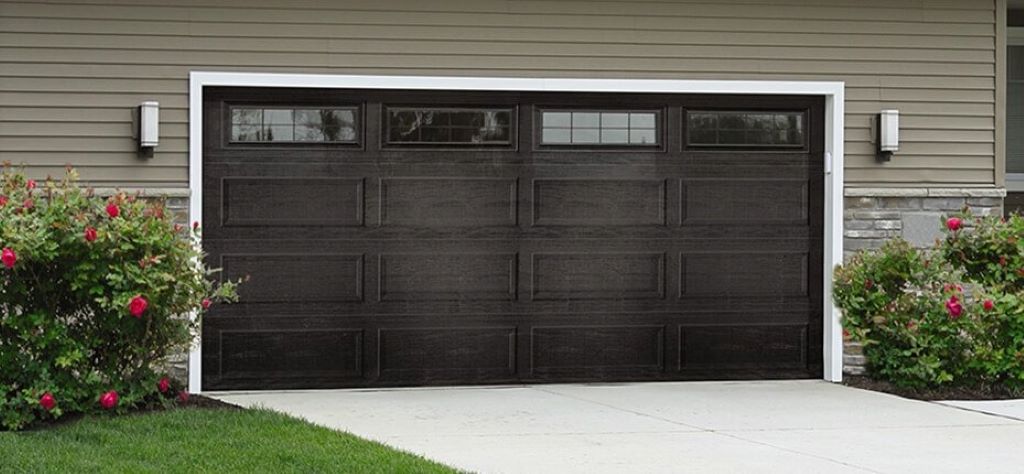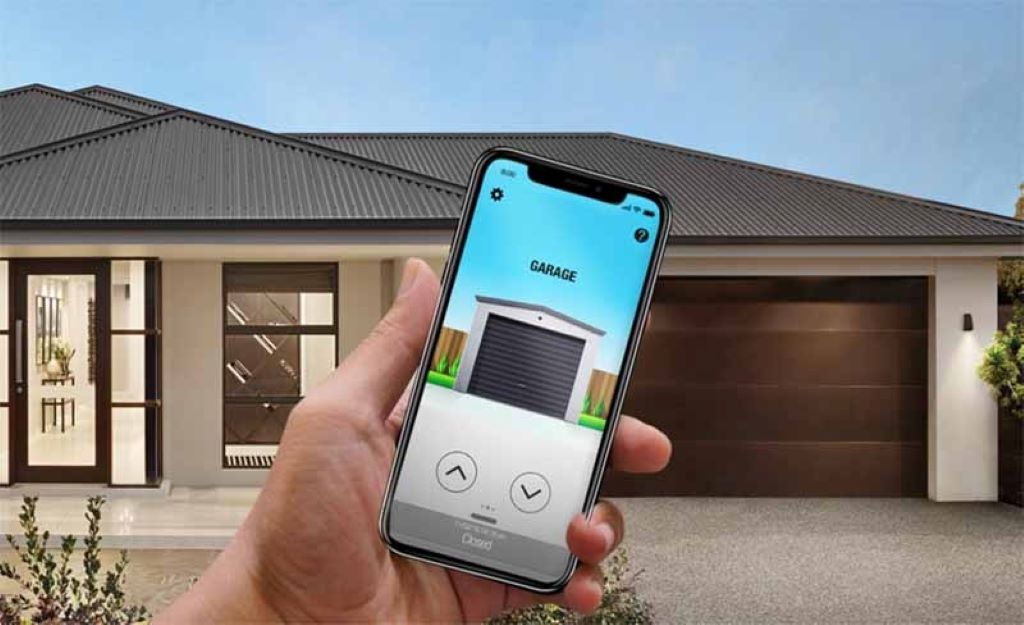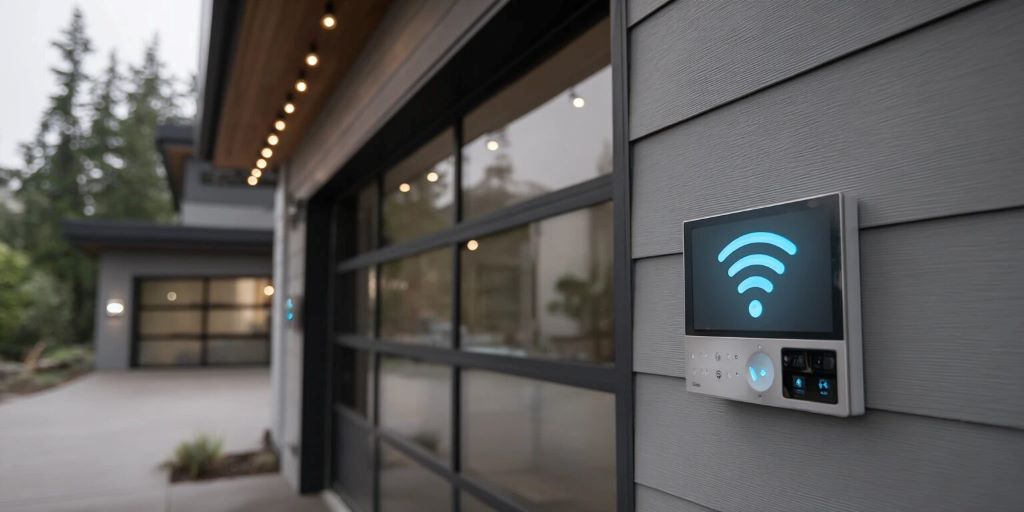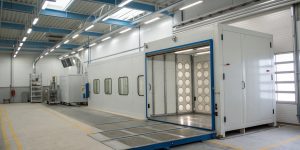Glass, Wood & Smart Tech: Garage Doors That Are Defining 2025
The garage door industry is experiencing a remarkable transformation in 2025. Modern homeowners are moving beyond basic functionality to embrace garage doors that combine stunning aesthetics with cutting-edge technology. Glass panels, premium wood finishes, and smart home integration are no longer luxury features. They have become essential elements that define contemporary home design.
Today’s garage doors serve as architectural statements while offering enhanced security, energy efficiency, and convenience. Whether you’re building a new home or upgrading your current property, understanding these innovative trends will help you make informed decisions. This comprehensive guide explores how glass, wood, and smart technology are reshaping the garage door landscape.
Revolutionary Glass Garage Door Designs Making Waves
Glass garage doors have emerged as the crown jewel of modern home exteriors. These transparent marvels transform ordinary garages into stunning showcases that blur the lines between indoor and outdoor spaces. Contemporary glass designs feature tempered safety glass panels that provide both durability and visual appeal.
The popularity of glass garage doors stems from their ability to maximize natural light penetration. Homeowners can now enjoy well-lit garage spaces without relying solely on artificial lighting during daytime hours. Additionally, these doors create seamless visual connections between garage interiors and surrounding landscapes.
Modern glass options include frosted panels for privacy, tinted glass for sun protection, and insulated double-pane configurations for energy efficiency. Many manufacturers now offer customizable grid patterns and frame colors to match specific architectural styles. However, regular cleaning and potential privacy concerns require careful consideration before installation.
Premium Wood Garage Doors Bringing Timeless Elegance
Wood garage doors continue to captivate homeowners seeking classic sophistication and natural beauty. Premium hardwood species like mahogany, cedar, and oak offer exceptional durability while maintaining their aesthetic appeal for decades. These materials provide superior insulation properties compared to traditional steel alternatives.
Craftsmanship in wood garage door construction has reached new heights in 2025. Manufacturers employ advanced joinery techniques and weather-resistant finishes that protect against moisture, insects, and UV damage. Custom carving options allow homeowners to incorporate personalized design elements that reflect their unique style preferences.
Therefore, maintenance requirements for wood doors have significantly decreased thanks to improved protective coatings. Modern staining and sealing processes extend the lifespan of wood garage doors while preserving their natural grain patterns. Nevertheless, periodic refinishing ensures optimal performance and appearance over time.
Smart Technology Integration Transforming Garage Door Operations
Smart garage door technology has revolutionized how homeowners interact with their garage systems. Wi-Fi enabled openers allow remote monitoring and control through smartphone applications from anywhere in the world. These systems provide real-time notifications about door status, battery levels, and maintenance requirements.
Voice control integration with popular smart home platforms like Amazon Alexa and Google Assistant adds unprecedented convenience. Homeowners can now operate their garage doors using simple voice commands while carrying groceries or packages. Additionally, geofencing technology automatically opens doors when residents approach their homes.
Security features in smart garage door systems include rolling code technology that prevents unauthorized access attempts. Built-in cameras and motion sensors provide additional monitoring capabilities for enhanced home security. However, reliable internet connectivity and regular software updates are essential for optimal performance.
Energy Efficiency Benefits of Modern Garage Door Materials
Energy efficiency has become a primary consideration for homeowners selecting new garage doors in 2025. Insulated garage doors can significantly reduce heating and cooling costs, especially for attached garages that share walls with living spaces. R-value ratings indicate insulation effectiveness, with higher numbers representing better thermal performance.
According to recent studies by the Department of Energy, properly insulated garage doors can reduce energy consumption by up to 20% annually. This translates to substantial cost savings over the door’s lifespan while improving overall home comfort levels. Triple-layer construction with polyurethane foam cores provides superior insulation compared to single-layer alternatives.
Furthermore, modern weather sealing systems prevent air infiltration around door perimeters. High-quality seals maintain consistent temperatures while protecting stored items from moisture and dust. Energy-efficient garage doors also contribute to reduced carbon footprints and environmental sustainability goals.
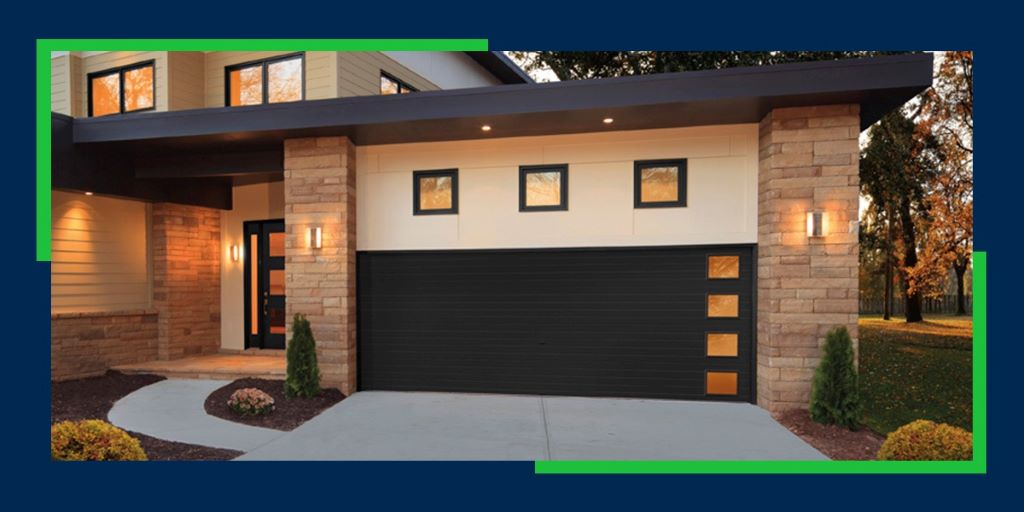
Installation Considerations for Contemporary Garage Door Systems
Professional installation remains crucial for ensuring optimal performance and safety of modern garage door systems. Precise measurements, proper spring tension, and electrical connections require specialized knowledge and tools. DIY installation attempts often result in safety hazards and voided manufacturer warranties.
Additionally, building code compliance varies by location and may require specific safety features or permits. Professional installers understand local regulations and ensure installations meet all applicable standards. They also provide valuable guidance on maintenance schedules and operational best practices.
Budget considerations should include installation costs, which typically range from $200 to $500 depending on system complexity. However, proper professional installation protects your investment and ensures years of reliable operation. Moreover, many manufacturers offer extended warranties exclusively for professional installations.
Maintenance Requirements for Different Garage Door Materials
Each garage door material requires specific maintenance approaches to ensure longevity and performance. Glass panels need regular cleaning with appropriate solutions to maintain transparency and prevent scratching. Soft cloths and non-abrasive cleaners preserve the glass surface while removing dirt and debris.
Wood garage doors benefit from annual inspections of finish conditions and hardware components. Reapplying protective stains or sealers every three to five years prevents moisture damage and maintains appearance. Therefore, immediate attention to any signs of wear or damage prevents costly repairs later.
Smart technology components require periodic software updates and battery replacements for sensors and remotes. Regular testing of safety features ensures continued reliable operation and family protection. Additionally, lubricating mechanical components according to manufacturer specifications extends system lifespan significantly.
Cost Analysis and Return on Investment
Modern garage doors represent significant investments that provide substantial returns through increased property values and energy savings. Premium glass and wood options typically cost between $1,500 and $4,000, while smart technology features add $300 to $800 to overall expenses.
However, real estate professionals report that attractive garage doors can increase home values by 4% to 6% on average. Energy-efficient models provide ongoing savings through reduced utility bills over their operational lifespans. Additionally, enhanced curb appeal attracts potential buyers and reduces time on market during sales.
Smart technology features offer convenience benefits that many homeowners consider invaluable. Remote monitoring capabilities provide peace of mind during travel, while automated operations enhance daily living experiences. Therefore, the investment in modern garage door technology often pays dividends beyond financial returns.
Future Trends and Innovations on the Horizon
The garage door industry continues evolving with emerging technologies and design innovations. Solar-powered openers reduce electricity consumption while providing backup power during outages. Advanced materials like carbon fiber offer exceptional strength-to-weight ratios for improved performance and durability.
Artificial intelligence integration promises predictive maintenance capabilities that identify potential issues before failures occur. Machine learning algorithms will optimize energy usage patterns and operational efficiency based on usage data. Additionally, augmented reality applications may revolutionize the design and selection process for homeowners.
Sustainable materials and manufacturing processes are becoming increasingly important considerations. Recycled content, renewable resources, and reduced environmental impact drive innovation in material development. Therefore, future garage doors will likely emphasize both performance and environmental responsibility.
Professional Installation vs DIY Approaches
While some homeowners consider DIY installation to reduce costs, professional installation offers significant advantages for complex modern systems. Certified technicians possess specialized tools and knowledge required for safe, proper installation. They understand torque specifications, electrical requirements, and safety protocols that prevent accidents.
Moreover, professional installers provide warranties on their workmanship in addition to manufacturer product warranties. This dual protection ensures comprehensive coverage for both materials and installation quality. DIY installations often void manufacturer warranties and may create liability issues for insurance coverage.
Professional installation typically includes setup of smart technology features, programming of remote controls, and instruction on proper operation. These services add value that extends beyond basic door installation. Additionally, established installers maintain relationships with manufacturers for faster warranty service and replacement parts.
Common Mistakes to Avoid When Choosing Garage Doors
Several common mistakes can lead to unsatisfactory results when selecting new garage doors. Focusing solely on price without considering long-term value often results in premature replacement needs. Quality materials and professional installation provide better value despite higher initial costs.
Neglecting to measure existing openings accurately can cause costly delays and modification expenses. Professional measurements ensure proper fit and optimal performance. Additionally, failing to consider architectural compatibility may result in doors that clash with home design aesthetics.
Key mistakes to avoid include:
- Choosing inadequate insulation for climate conditions • Overlooking local building code requirements • Selecting materials unsuitable for regional weather patterns • Ignoring maintenance requirements and associated costs • Failing to plan for smart technology integration needs
Conclusion
Glass, wood, and smart technology are truly defining the garage door landscape of 2025. These innovations offer homeowners unprecedented combinations of beauty, functionality, and convenience that transform ordinary garages into extraordinary spaces. Whether you prefer the transparency of glass, the warmth of wood, or the convenience of smart technology, modern garage doors provide solutions for every lifestyle and budget.
The investment in contemporary garage door systems delivers immediate benefits through enhanced curb appeal, improved energy efficiency, and increased home values. Additionally, smart features provide long-term convenience and security advantages that continue paying dividends for years to come. As technology continues advancing, these garage door innovations will become even more integral to modern home design.
Consider consulting with professional installers to explore how these cutting-edge garage door options can enhance your home’s functionality and aesthetic appeal.
Frequently Asked Questions
How much do glass garage doors typically cost compared to traditional options?
Glass garage doors generally cost 30-50% more than traditional steel doors, ranging from $1,800 to $4,500 depending on size and features. However, they provide superior aesthetics and natural light benefits that many homeowners find worthwhile.
What maintenance is required for wood garage doors in different climates?
Wood garage doors require annual inspections and refinishing every 3-5 years. In humid climates, more frequent sealing may be necessary, while dry climates may require additional moisture protection to prevent cracking.
Can smart garage door openers work during power outages?
Most smart garage door openers include battery backup systems that provide several days of operation during power outages. Solar-powered options offer extended backup capabilities for areas with frequent outages.
Are glass garage doors safe for families with children?
Modern glass garage doors use tempered safety glass that breaks into small, rounded pieces rather than sharp shards. This makes them as safe as other garage door materials when properly installed and maintained.
How do smart garage doors integrate with existing home automation systems?
Smart garage doors typically connect through Wi-Fi and are compatible with major platforms like Amazon Alexa, Google Assistant, and Apple HomeKit. Most systems offer easy integration through smartphone apps and voice commands.
Read More:
Ideas to prepare your terrace and receive the spring
